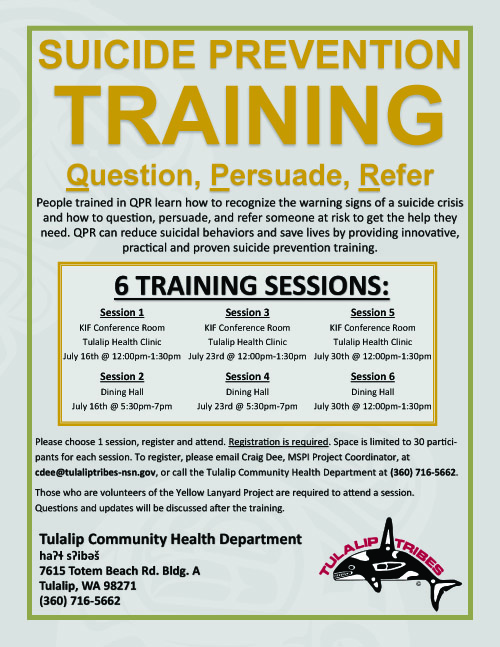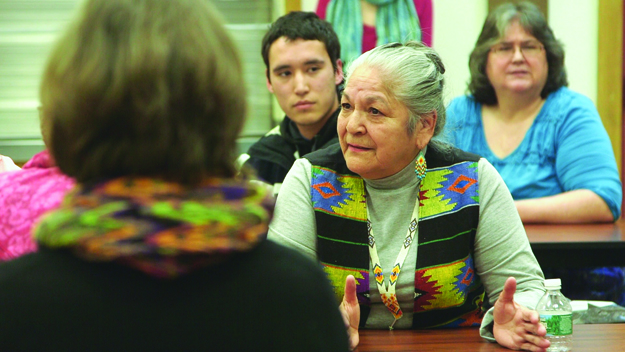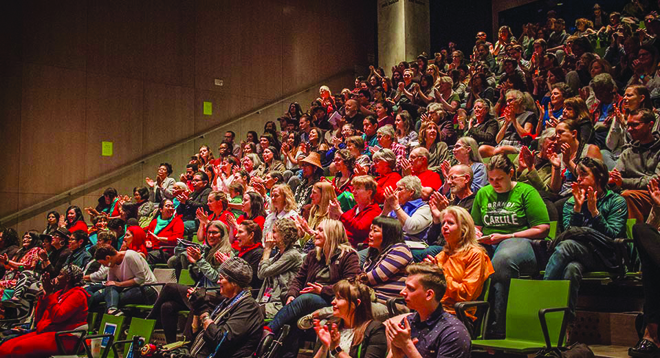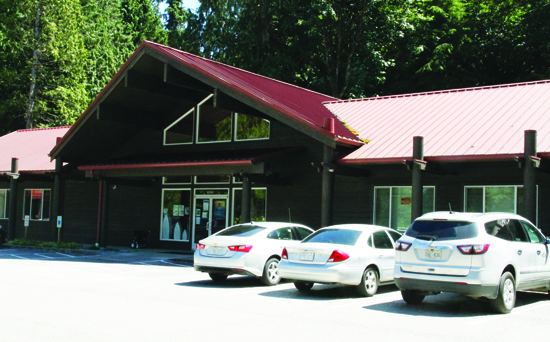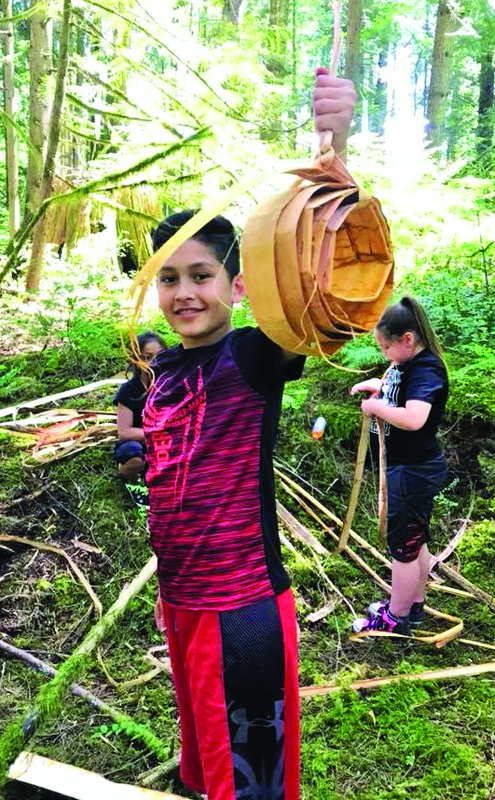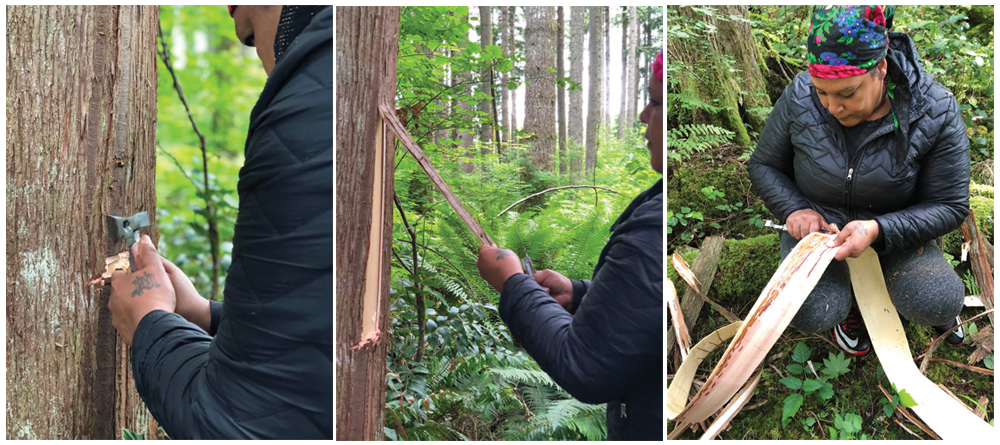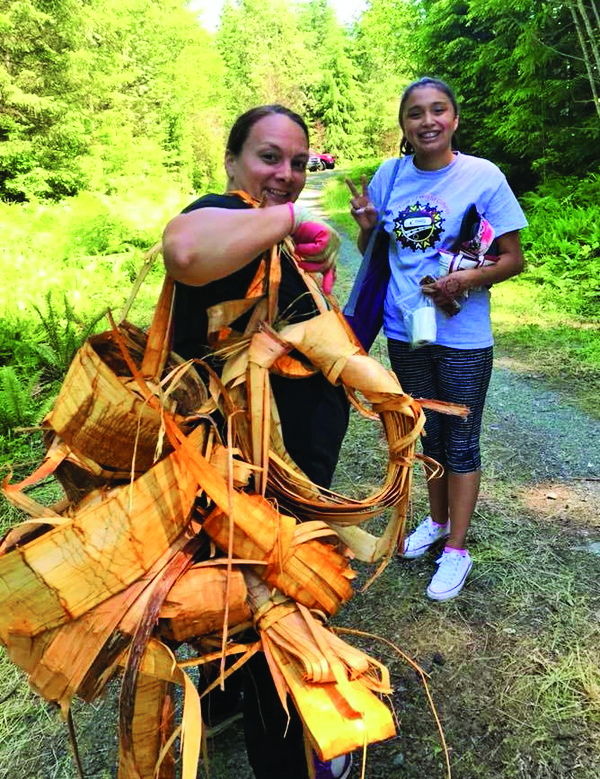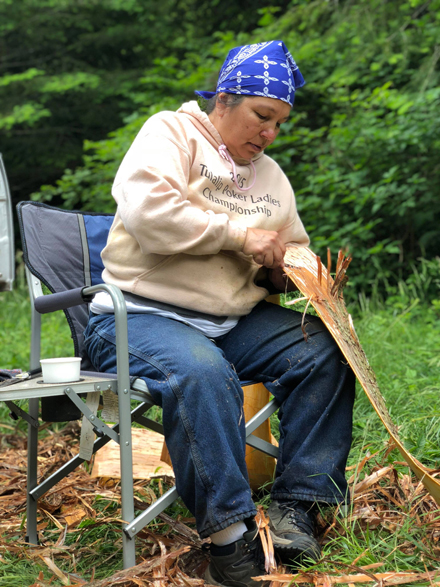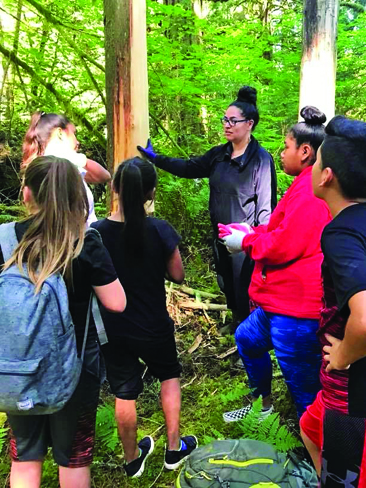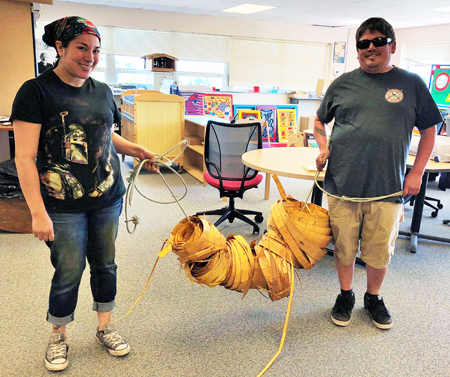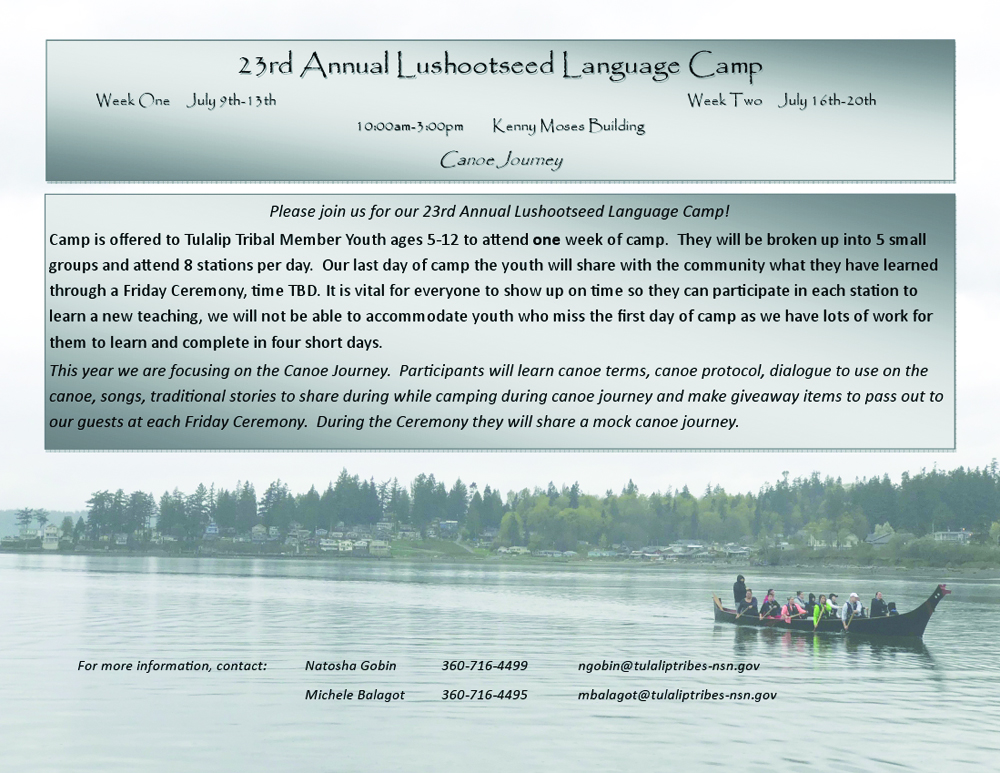Submitted by Jeanne Stiffener, Tulalip Tribes Higher ED
If you are working a couple of jobs just to put food on the table and a roof over your head for you and your family, try looking at a Family Wage Job that can give you more security. A family wage according to Wikipedia is, “a wage that is sufficient to raise a family. This contrasts with a living wage, which is generally taken to mean a wage sufficient for a single individual to live on, but not necessarily sufficient to also support a family.”
Take a look at Union Jobs which come with many benefits: Collective Bargaining; Higher Wages; Support; A Voice; Equality and Fairness; Job Security, A Stronger Economy; Better Training, Health and Safety and Rewards and Benefits.
If school isn’t your thing then look at the training that Unions offer. There are many benefits to joining a Union. Unions provide a way in which you can negotiate working conditions such as pay, benefits and retirement collectively as a group. This is in sharp contrast to doing it on your own. Union appreticeship programs provide you with the skills you need to get started in construction or manufacturing industries. Administration or professional positions are available at every level of federal state and local government.
 Collective Bargaining – Collective bargaining occurs when a group of people, such as the workforce of a company bands together to increase its negotiating power. This lets the voices of individual workers be heard. Typically, union workers elect representatives to bring their concerns to the union’s attention. Collective bargaining makes sure the changes are negotiated rather than imposed.
Collective Bargaining – Collective bargaining occurs when a group of people, such as the workforce of a company bands together to increase its negotiating power. This lets the voices of individual workers be heard. Typically, union workers elect representatives to bring their concerns to the union’s attention. Collective bargaining makes sure the changes are negotiated rather than imposed.
Higher Wages and Benefits – One of the top benefits of being a union worker are the higher wages compared to non-union workers. Union workers are also more likely to have wage increases on a regular basis. Union wages are about 10–20% higher than non-union jobs. Pensions, medical insurance, paid vacation, holidays, personal holidays, sick pay overtime premiums, shift differentials, etc. are not only better in a union shop but in many instances, these benefits would not even exist without a union contract.
Support – One of the key benefits of working as a union employee comes when you have a personal issue with your employer. The union representative works with you and your employer to negotiate a good outcome for you. Unions are important supporters of human rights and democracy. They provide workplace representation for their members, have some influence over workplace rules and provide protection from random discipline and dismissal.
A Voice – Good workplace relations are a positive. When people feel that they are treated with dignity and respect; when the workplace rules are perceived as fair; when workers can raise their concerns and have them fairly resolved; when workers know that they share in the benefits of workplace change; and when workers have a say in working conditions, training, and health and safety issues – then workers are more likely to work co-operatively with management.
Equity and fairness – Collective bargaining Agreements reflect economic realities and the desire of unions to retain good jobs for all their members. Unions have been an important defender of human rights and economic equality.
Job Security and Better Training – Unionized workplaces tend to have far lower worker turnover. This gives the employer the benefit of having experienced workers. This creates an incentive for employers to invest in the skills of employees knowing that they are less likely to leave the company.
Women in the Workplace – Women have made many strides and currently they make up 48% of the workforce. Unions advocate for policies that promote a full-employment economy at wages high enough to allow working women to support their families. Unions reject the status quo and are working to build an economy where all working people can support their families and achieve their dreams.
Union Jobs – There are union members in almost every employment sector: blue collar skilled trades, factory workers, civil service administrative and management employees, professionals working in higher eduation, healthcare, and government. The public sector has the highest percentage of union workers (corrections officers, firefighters, police, and fire inspetors). Also unionized are these sectors of the economy: Transportation, Telecommunications, Construction, Educational Services (elemementary, middle, and secondary school teachers and administrators, including teacher assistants), Motion Pictures & Sound Recording and Manufacturing
Are you are interested in a life changing opportunity? Check out the Unions in your field of expertise. You can contact Higher ED staff at 360-716-4888 or email us at highered@tulaliptribes-nsn.gov.

